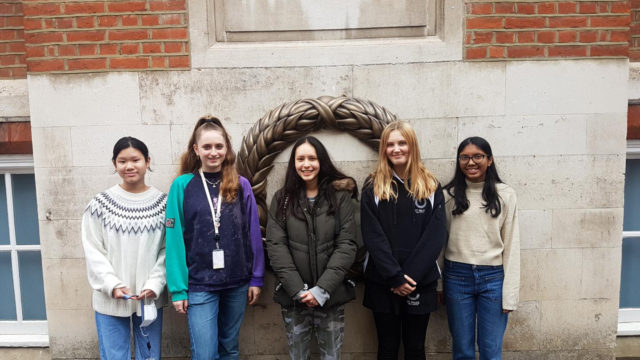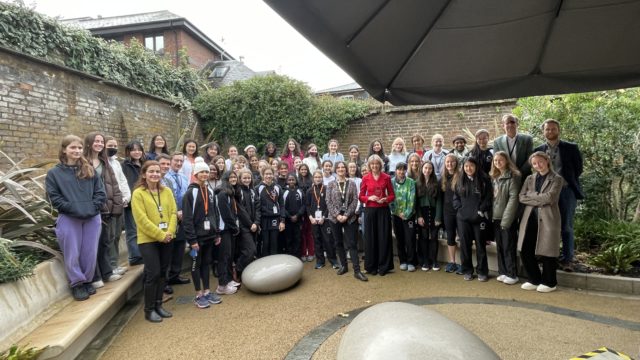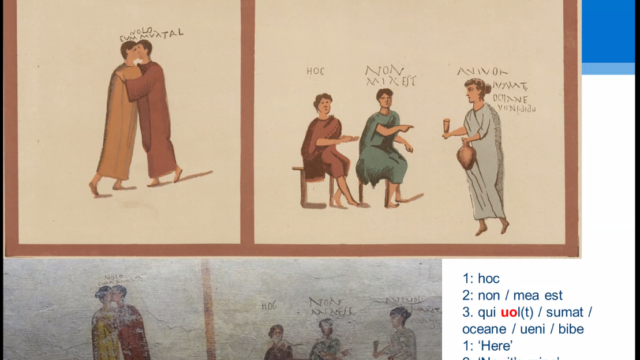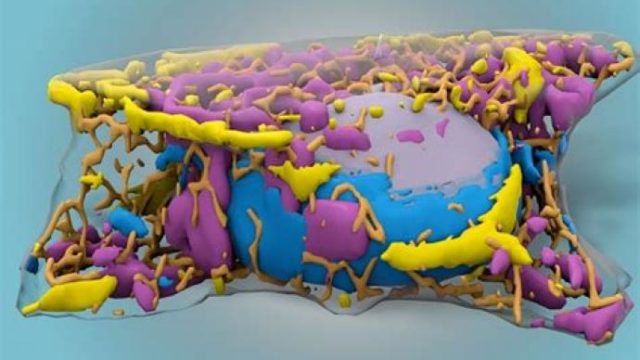iPaulina
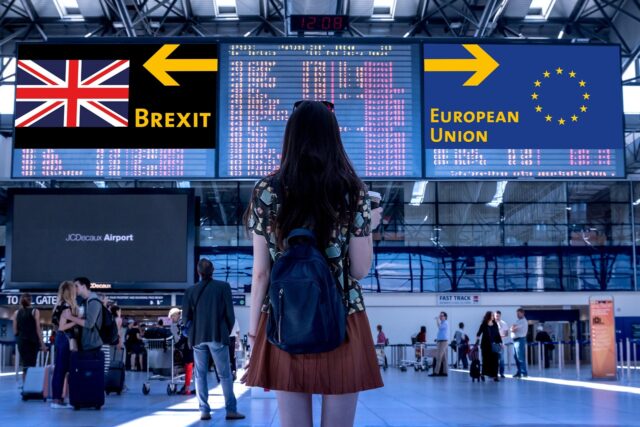
Deal or No Deal?
What’s going on with Brexit, and what happens if we don’t get a deal?Michel Barnier, the EU chief negotiator, flew into London on Friday (29th November). The Brexit talks between him and his UK counterpart, David Frost, restarted in person on Saturday. The time to reach an agreement is running out, so these talks are a last-ditch attempt to avoid a no-deal Brexit.
The UK is currently in a ‘transition period’ – it left the EU on the 31st of January so no longer participates in EU decisions. It is, however, still subject to the EU laws and treaties it was subject to before it left. Once the transition period is over, the UK is on its own. The deadline for extending the transition period elapsed on the 1 June, meaning it must end on the 31st of December this year.
Some elements of what will happen next are definite. The UK will no longer be part of the single market, so VAT will be paid on imports and exports from the EU. There will be checks for UK nationals at the EU border and you won’t be able to stay in an EU member state for more than 3 months within a given 6 month period. If you’re planning on staying longer than that or working there, you will need some sort of visa. This will pose a problem for short term business trips. For many, the first sign that Brexit has happened will be going down the channel for non-EEA citizens for passport checks in EU airports.
Beyond this, what happens in January depends on whether a deal is reached. If there is no deal, higher tariffs could disrupt industries such as car manufacturers, who would face that import tariff on the 55% of their cars they export to the EU. The UK would no longer have to comply with EU regulations, which would lead to checks on EU borders. There would be tariffs on food imports from the EU which make up 70% of all food imports to the UK. While this may be mitigated slightly by deals reducing tariffs on imports from other countries, food prices overall will probably rise.
One of the suggested benefits of no deal is that it increases the quotas of UK fishermen. It would also make access to the European markets that many rely on to sell their catch more difficult. Fishing is a major sticking point in the negotiations, partly because there are many countries involved. This is a little absurd given that fishing makes up only 0.1% of UK GDP, and some landlocked countries in the EU don’t have a fishing fleet at all.
So, a no-deal Brexit is something that we want to avoid – and according to Boris Johnson, the chances of it happening are ‘a million to one against’. He certainly has political incentive to get a deal – no-deal would give momentum to the Scottish independence movement and back up Labour’s accusations of incompetence. There have been suggestions that the EU is willing to make concessions on fishing, greatly increasing the chances of an agreement being reached before the time is up. The consensus is that a deal is more likely than not, but not by much. As Boris has said, we still need to ‘get ready’ for what happens if there isn’t one.
Helena VI
